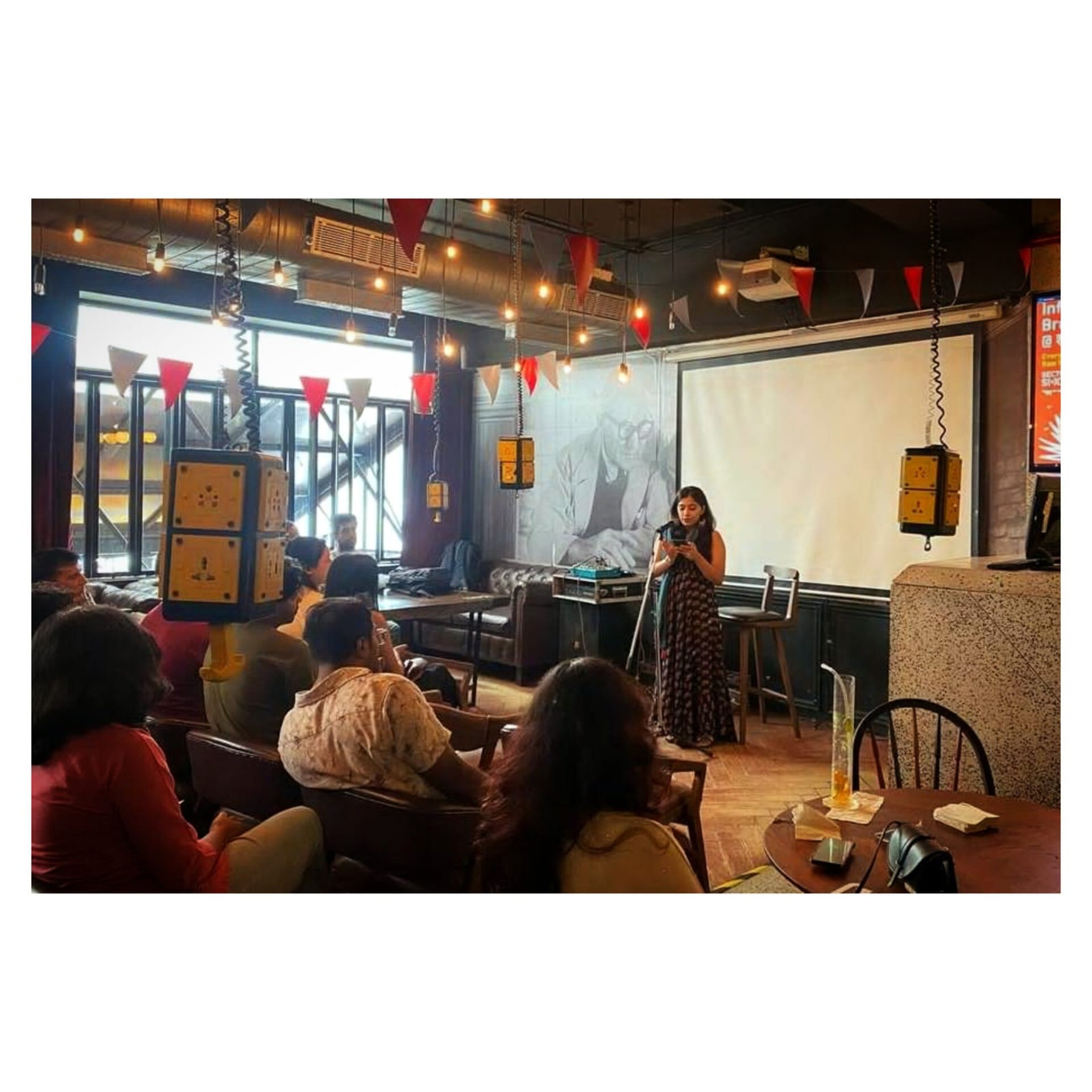
project SAARTHI
A Suicide Prevention & Resilience-Building initiative tailored to the psychological landscape of students preparing for high-stakes competitive exams
Area: Youth, Student & Community Mental Health
Stage: In Progress (2025)
Initiated by: Reform for India’s Mental Health Advocacy
India reports among the world’s highest suicide rates among adolescents and young adults, with academic stress and examination failure cited as major drivers. Yet suicide prevention continues to be addressed only at the level of crisis, stigma, or awareness. Project Saarthi reframes student suicidality not as a personal failure or isolated outcome, but as a structural pattern of emotional neglect, competitive overexposure, and institutional unaccountability. This initiative focuses on students preparing for high-stakes entrance exams (NEET, JEE), a population often trapped in extended cycles of isolation, performance anxiety, and self-worth collapse. The project recognizes that while coaching centers, families, and schools may be well-intentioned, the ecosystem in which these students operate is often psychologically extractive, privileging performance over wellbeing, and silence over support.
What Makes Saarthi Distinct?
Unlike one-time helplines or awareness campaigns, Saarthi is a multi-layered community prevention model that treats suicide not just as a crisis to be managed, but a system to be redesigned. It intervenes both before and beyond distress — through educational scaffolds, peer architecture, and upstream cultural repair.
Strategic Framing
From Individual Blame → To Systemic Design Flaws
From Silence Around Struggle → To Collective Mental Resilience
From Surveillance & Compliance → To Support & Capability Building
Project Components:
Student-Facing Toolkit for Mental Endurance & Emotional Regulation
A prevention-first resource designed in the language and reality of students as part of their core survival and wellness strategy in the exam and competitive ecosystem.Peer Community Logic for Co-regulation
Building psychologically safe micro-networks where students can relate, reflect, and redistribute pressure addressing the emotional isolation often mistaken for resilience.Institutional Engagement Blueprint for Coaching Centers & Schools
A practical upstream model for embedding emotional support into existing academic systems without compromising educational goals. Includes training for faculty and mental health liaisons.
Project Saarthi positions youth suicide prevention not as a moral panic or statistical tragedy, but as a design problem within India's education and mental health systems and it seeks to re-engineer that design. This initiative is being developed with long-term scale in mind: as a policy-adaptable model for exam-affected regions and institutions. Its structure draws from evidence in public health, adolescent psychology, emotional resilience, and peer-based mental health systems.